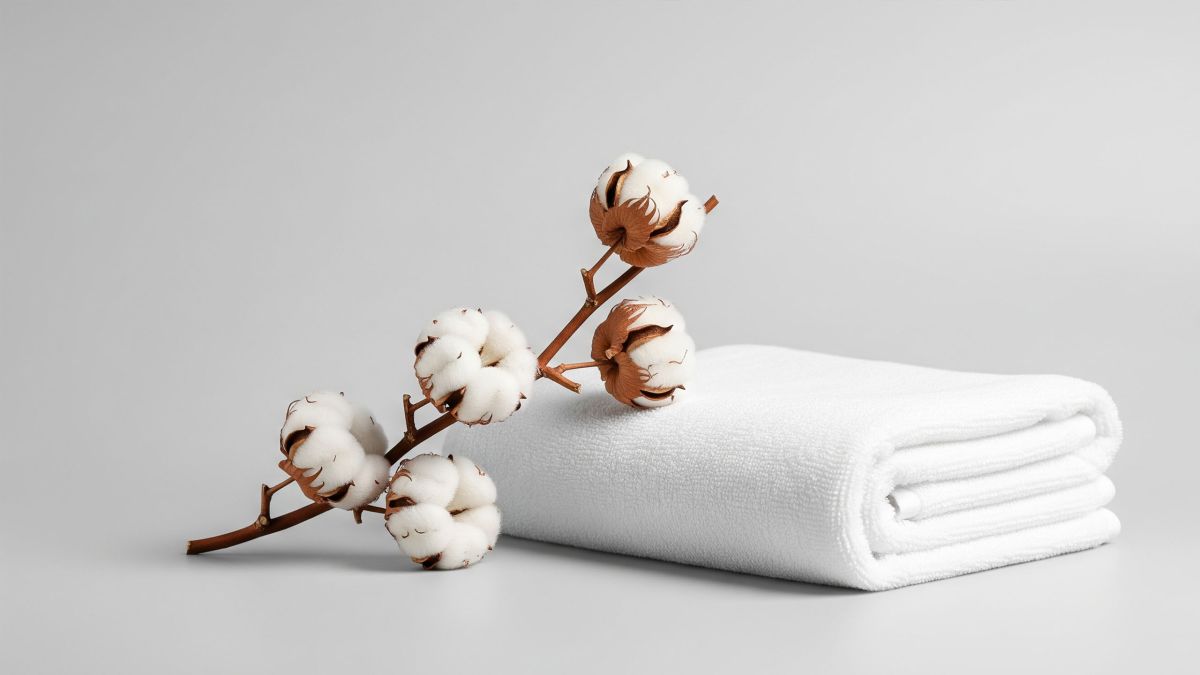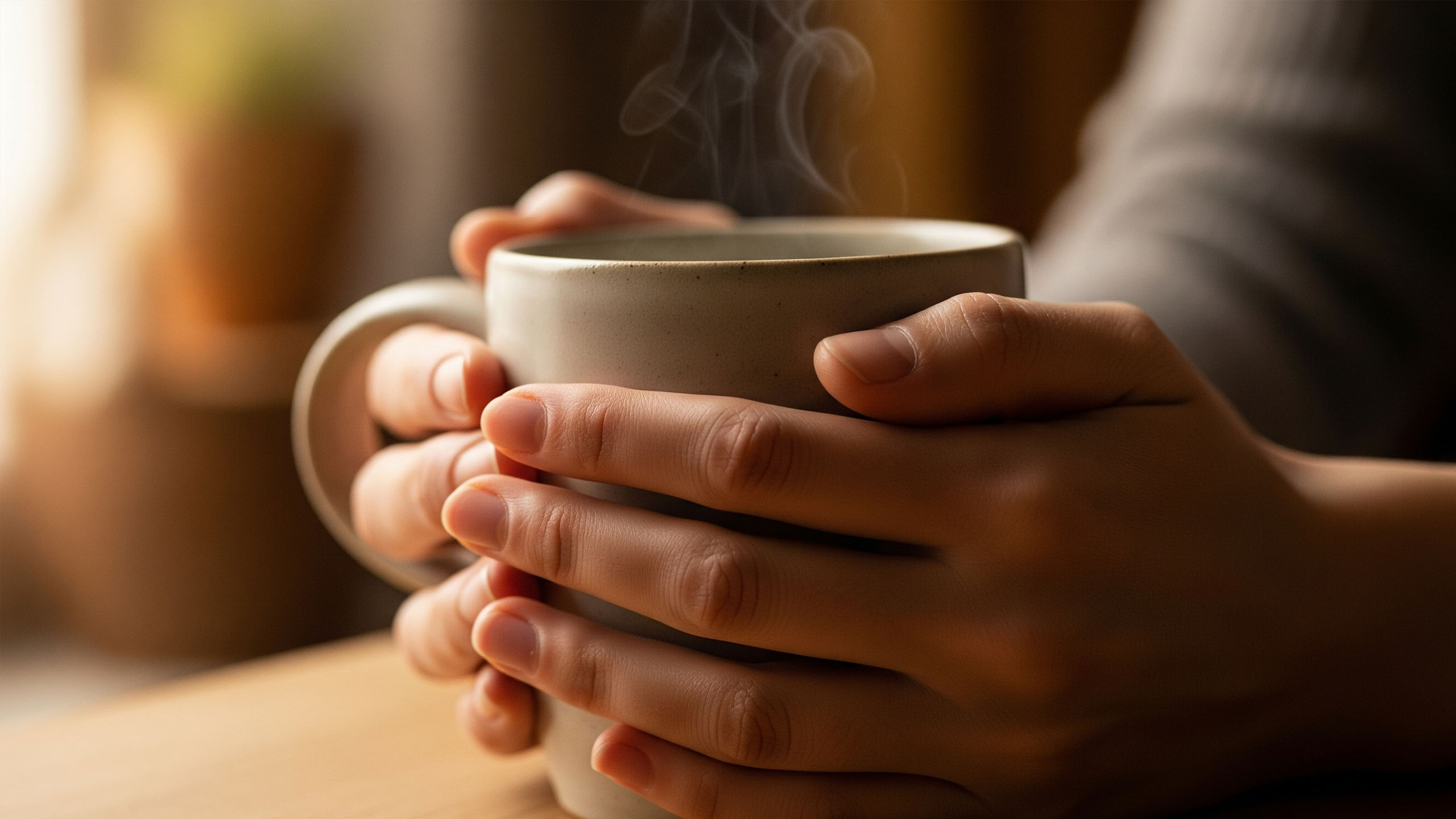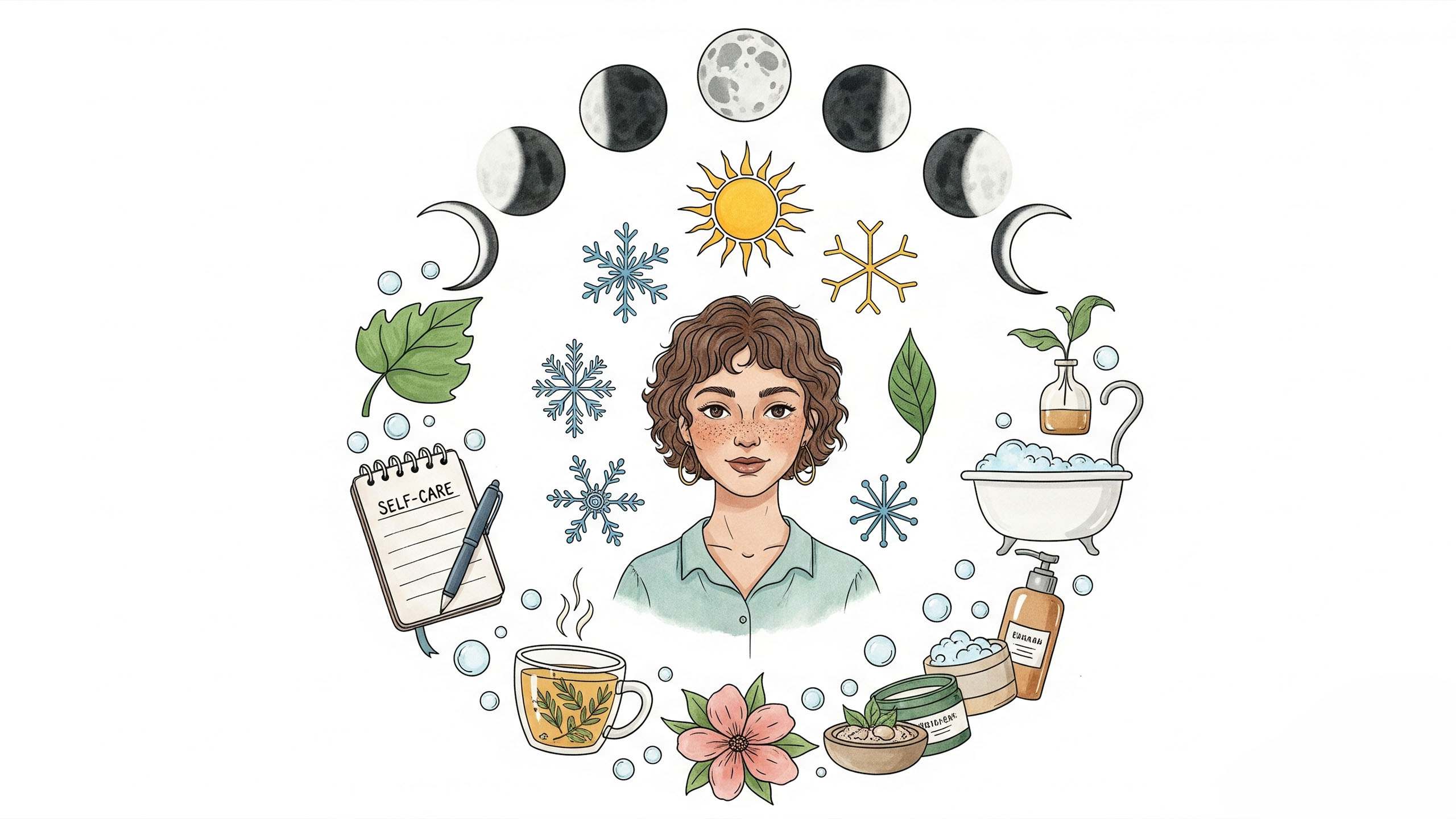Vulva Skincare: What’s Safe, What’s Not, and Why It Matters

In the world of skincare, we often focus on our face, hands, and body, but one area that requires special attention is often overlooked: the vulva. The skin in this area is unique and requires a different approach to cleansing and care. Understanding how to properly care for your vulva is not about achieving a certain aesthetic; it’s about maintaining comfort, health, and the natural balance of your body.
This guide provides straightforward information on safe vulvar skincare practices, outlines common irritants to avoid, and explains why this gentle approach is important for your overall well-being.
Understanding the Anatomy: Vulva vs. Vagina
First, it’s essential to clarify the terminology. The vagina is the internal muscular canal that connects the cervix to the outside of the body. The vulva refers to the external parts, which include the labia majora (outer folds), labia minora (inner folds), clitoris, and the opening to the vagina.
The vagina is self-cleaning and maintains its own ecosystem of beneficial bacteria. The vulva, however, is external skin that does require gentle cleansing. This article focuses exclusively on the external care of the vulva.
What’s Safe: A Minimalist Approach to Vulvar Care
When it comes to vulvar skincare, simplicity is key. The skin here is more sensitive and absorbent than skin on other parts of your body. A gentle and minimal routine is the most effective way to maintain its health.
-
Cleansing: For most people, rinsing the vulva with warm water daily is sufficient. If you choose to use a cleanser, opt for a mild, fragrance-free, and pH-balanced product specifically designed for intimate use. Use your hands to gently wash the external area only. Avoid using washcloths or loofahs, which can be abrasive and harbor bacteria. Always wash from front to back to prevent transferring bacteria from the anal region.
-
Drying: After washing, gently pat the area dry with a soft, clean towel. Rubbing can cause friction and irritation.
-
Moisturizing: Dryness of the vulvar skin can occur due to hormonal shifts (like menopause), medication, or certain skin conditions. If you experience dryness, a simple, pure emollient can help. Consider options like plain petroleum jelly, coconut oil, or a preservative-free moisturizer made for sensitive skin. Apply a thin layer to the external skin only. It is always a good idea to consult a healthcare provider before starting a moisturizing regimen.
-
Clothing and Laundry: Wear breathable cotton underwear to allow for air circulation and reduce moisture buildup. Avoid wearing tight-fitting clothing for extended periods. When washing your underwear, use a hypoallergenic, dye-free, and fragrance-free detergent.
- Go Bare for Better Skin: Giving your vulva some time to breathe can work wonders for your skin. Fresh air helps keep the area healthy, promotes natural balance, and can reduce irritation caused by friction or trapped moisture. Try sleeping nude, skip the underwear when wearing a dress or skirt, and whenever possible, enjoy a little nude time at home. Your skin—and comfort—will thank you.
What’s Not: Products and Habits to Avoid
Many mainstream products and common habits can disrupt the delicate environment of the vulva, leading to irritation, itching, and infection.
-
Harsh Cleansers and Scented Products: Avoid regular bar soaps, scented body washes, bubble baths, bath bombs, and scented feminine wipes, sprays, or powders. The chemicals and fragrances in these products can strip the skin of its natural protective oils and disrupt the pH balance, causing contact dermatitis or creating an environment for yeast infections or bacterial vaginosis to develop.
-
Douching: Douching, or flushing the inside of the vagina with water or other fluids, is harmful. It washes away the beneficial bacteria (lactobacilli) that protect the vagina from infection. The body has a natural process for keeping the vagina clean and healthy; douching interferes with this process.
-
Over-washing: Cleansing the vulva more than once a day is typically unnecessary and can lead to dryness and irritation. Stick to a simple, once-daily routine.
-
Hair Removal: Hair removal is a personal choice. If you choose to shave, wax, or use other methods, be mindful of potential irritation. To minimize risk, use a clean razor and shave in the direction of hair growth. Be aware that waxes and depilatory creams can contain chemicals that may irritate sensitive vulvar skin.
Summary: Vulvar Care Do's and Don'ts
| Safe Practices (The "Do's") | Practices to Avoid (The "Don'ts") |
|---|---|
| Rinse with warm water daily. | Use scented soaps, bubble baths, or sprays. |
| Use a mild, fragrance-free, pH-balanced cleanser if needed. | Douching (rinsing inside the vagina). |
| Pat the area gently dry with a clean towel. | Scrub the area with a loofah or rough washcloth. |
| Wear breathable cotton underwear. | Wear tight, non-breathable clothing for long periods. |
| Wash underwear in hypoallergenic detergent. | Over-washing the area (more than once a day). |
Why It Matters for Your Health
Proper vulvar care is directly linked to your physical comfort and health. Using harsh products or engaging in improper cleansing habits can lead to a variety of issues, including:
-
Itching and Irritation: The most common result of improper care is discomfort caused by skin irritation or allergic reactions.
-
Contact Dermatitis: A red, itchy rash caused by direct contact with a substance that irritates the skin.
-
Disruption of pH Balance: The vulvar area has a naturally acidic pH that helps prevent the overgrowth of harmful bacteria. Harsh soaps can alter this balance.
-
Increased Risk of Infection: When the natural protective barrier and microbial balance are disrupted, it can make you more susceptible to conditions like yeast infections and bacterial vaginosis.
Knowing your body is fundamental. Pay attention to any changes in your skin, discharge, or scent. While slight variations are normal, persistent itching, burning, unusual discharge, or a strong odor are signals that you should consult a healthcare professional.
Conclusion: Support Your Body’s Natural State
Caring for the skin of your vulva doesn’t require a complex or expensive routine. The guiding principle should be to support your body’s natural functions, not to interfere with them. A gentle approach using water or a simple, unscented cleanser is the best way to maintain health and comfort.
If you have persistent concerns, such as chronic dryness, pain, or signs of infection, it is always best to seek advice from a qualified healthcare provider who can offer personalized guidance.
Disclaimer: The articles and information provided by the Vagina Institute are for informational and educational purposes only. This content is not intended to be a substitute for professional medical advice, diagnosis, or treatment. Always seek the advice of your physician or another qualified health provider with any questions you may have regarding a medical condition.


 Deutsch
Deutsch  English
English  Español
Español  Français
Français 



